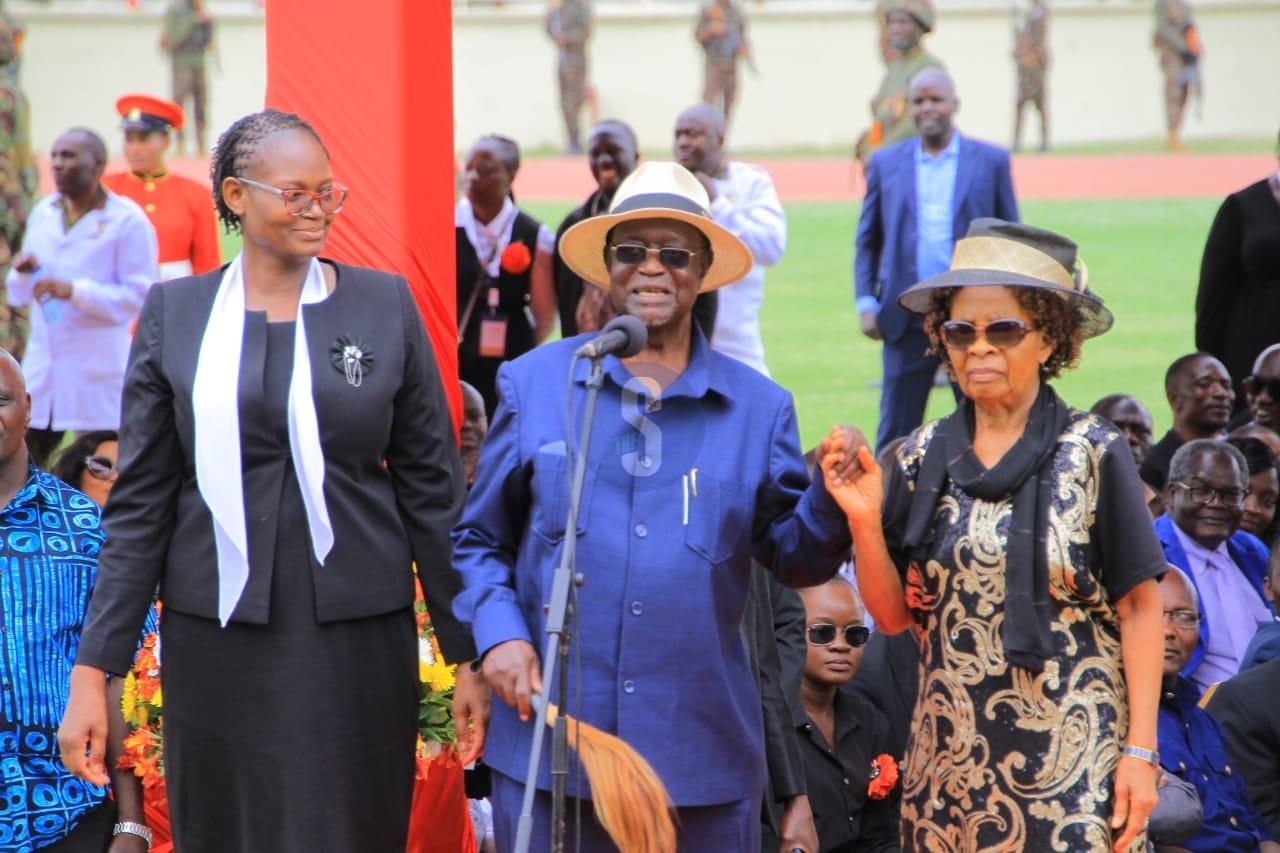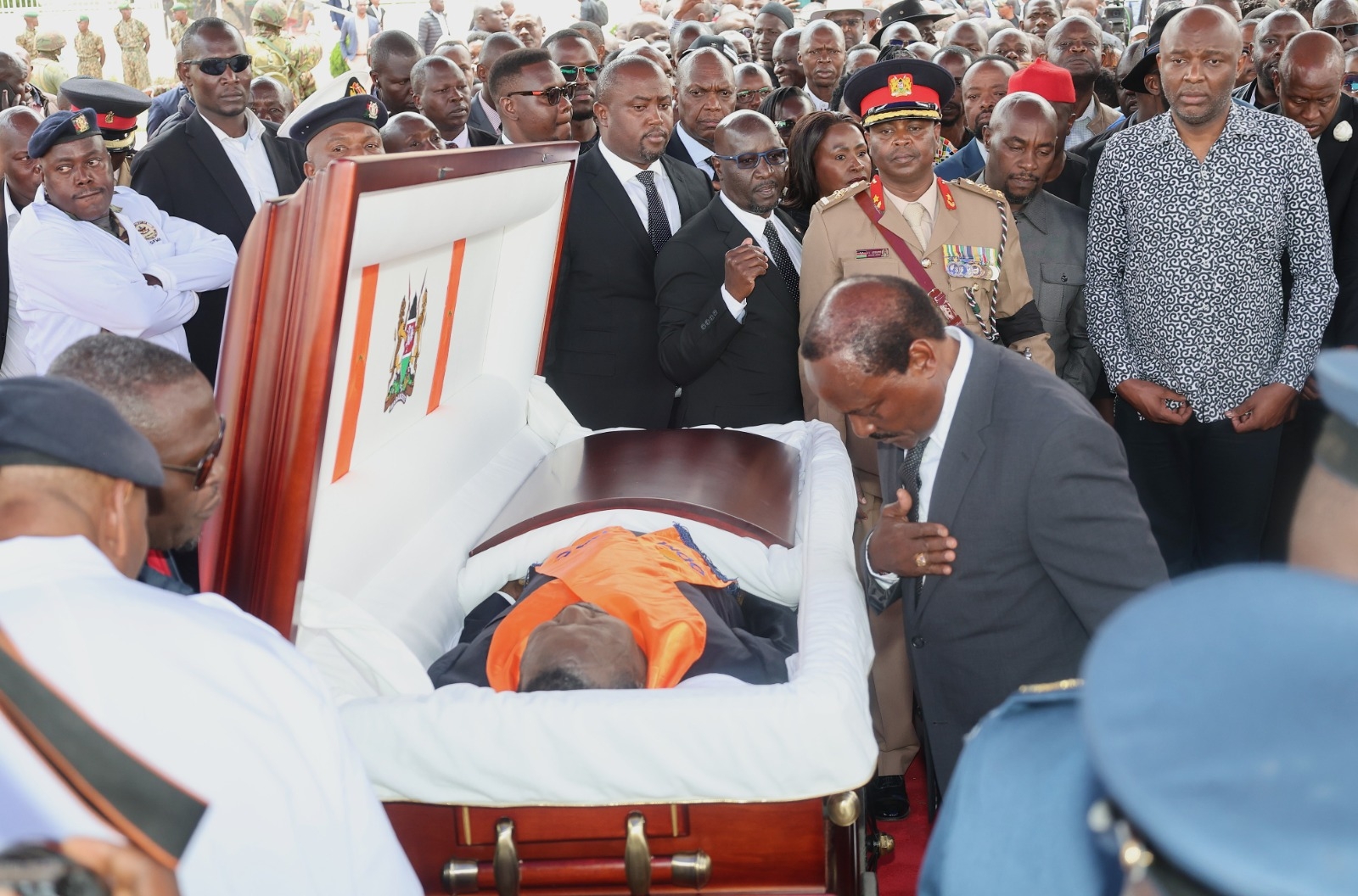Well, there is a pain in my side, but I keep travelling on. Bring peace to this troubled land… Perhaps John Mellencamp had the Horn of Africa in mind when he composed those lyrics. Famine, drought, coups, intercommunal strife and boundary disputes: The Horn of Africa is a region mired in both natural and man-made catastrophes.
The ongoing war in Ethiopia, if not urgently contained, will further escalate the humanitarian crisis bedeviling the region. It is an undeniable fact that the Ethiopian government is on the verge of collapsing, unless it gets assistance from external actors.
A government that urges civilians to take up arms in self-defence has clearly outlived its usefulness. Even the optimists find it difficult to fathom how the Abiy-led government will withstand a tag-team onslaught by the Oromo Liberation Army and Tigray’s People Liberation Front.
It is indeed paradoxical that Prime Minister Abiy — who is the 2019 Nobel peace prize recipient for his efforts in ending the long standing hostility with Eritrea — is on the verge of being overthrown by his own people.
The troubles of the Horn neither start nor stop with Ethiopia. A few days ago, the Sudanese military decided to overthrow the government. The civilian government that had come into being following the ouster of long-serving authoritarian Omar al Bashir was unceremoniously torpedoed by the army. We can only expect a claw back of the civil liberties that had begun to thrive under the Abdallah Hamdok government.
South Sudan is currently enjoying an uneasy tranquility after the return of Riek Machar to the national unity government of his political nemesis, President Salva Kiir. But going by how fragile the young state is, it is difficult to predict whether the peace agreement has finally been wholly embraced by all parties, or if it is just but a lull before the storm.
Somalia is facing an uncertain future with the anticipated elections, which have been postponed several times, creating a major fallout among the political class. This is in addition to the major challenge posed by al Shabaab, which continues to challenge and undermine the government of President Mohamed Farmaajo.
In fact, in my opinion, in the event that Kenya withdraws her troops from Somalia, the government would face what became of the Afghani government after the withdrawal of US troops. Add to the maritime dispute with Kenya and it gets more complex.
With Eritrea deeply involved in Ethiopia’s conflict, it only leaves Kenya and Djibouti as the only stable states in the Horn of Africa. And yet, with a general election that promises to be hotly contested in 2022, we can only hope that Kenya will come out of it unscathed.
Kenya is already shouldering the burden of hosting thousands of refugees from Somalia and South Sudan. An escalation of the conflict in Ethiopia will worsen the situation as people flee the war through the Moyale border.
As a result of the protracted conflicts, the people of the Horn of Africa continue to experience untold suffering and dehumanisation. Some are packed as cargo in shipping containers in their desperate search for a better life in faraway countries. Others spend their entire lives in refugee camps. Is the region jinxed?
It is a truism that in spite of the myriad of challenges afflicting the region, it has a very resilient populace.
Kenyans and Ethiopians dominate middle and long distance-running globally, while Somalis have their entrepreneurial acumen. The catalysts fueling conflict in the region are mainly politics of identity and exclusion as well as competition for dwindling resources, which is by and large a consequence of climate change.
Whereas climate change is a global challenge that requires a global solution, the leaders in the region ought to come together and solve the political crises.
The Horn narrative must change from despair, endemic violence, hunger, and poverty to a land of limitless opportunities, stability and political tolerance.
We have a generation that has known nothing but conflict their entire lives. As the famous Swiss philosopher Jean-Jacques Rousseau opined, ‘Man is born free, and is everywhere in chains.’
For the Horn to break its legacy of crises, the political leaders must free themselves from the yoke of parochialism politics based on ethnic and/or religious outlook. They must untie themselves from the chains of kleptocracy and focus on wealth creation for all based on equality and equity.
Until then, we shall continue experiencing the eyesores in the form of more refugee camps, heart wrenching pictures of acutely malnourished children and harrowing tales of deaths and destruction in the battle fields.
Political analyst












